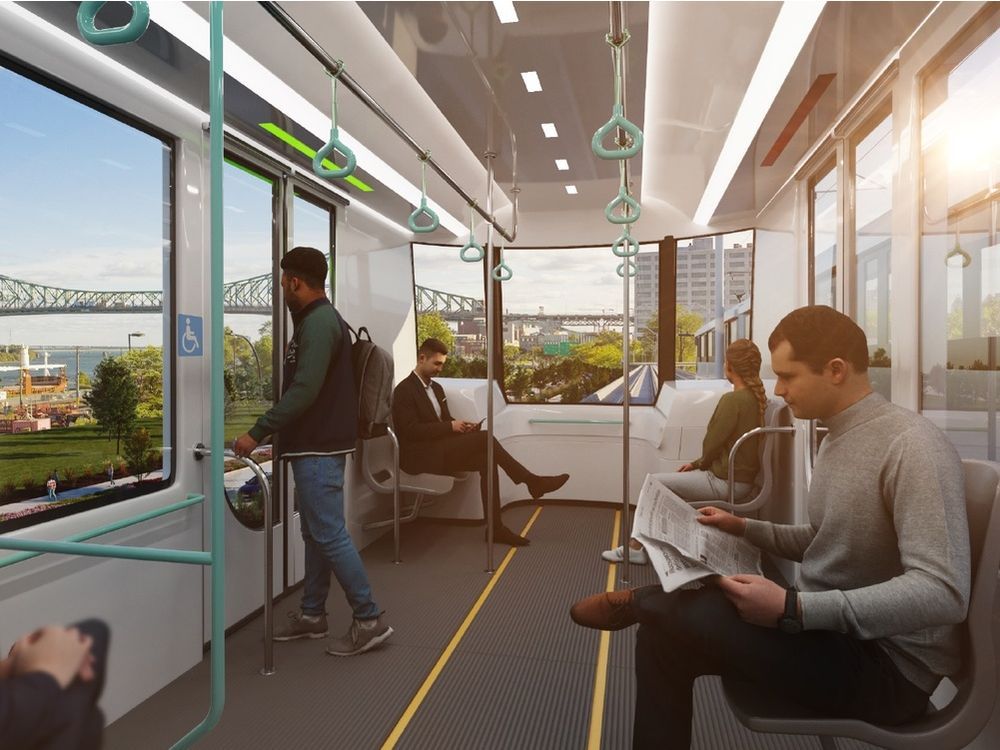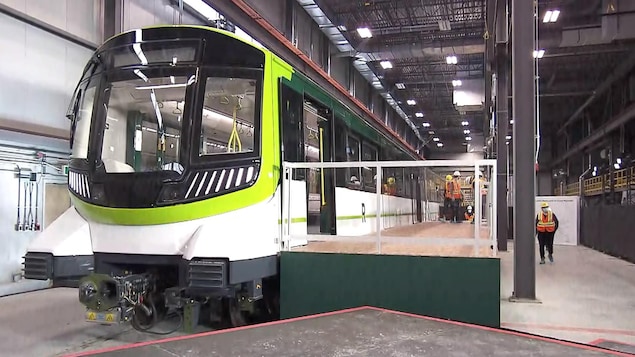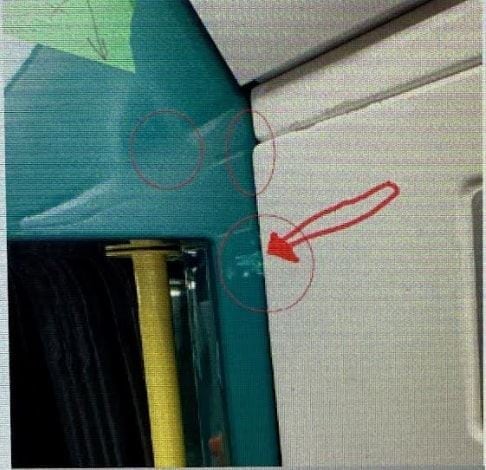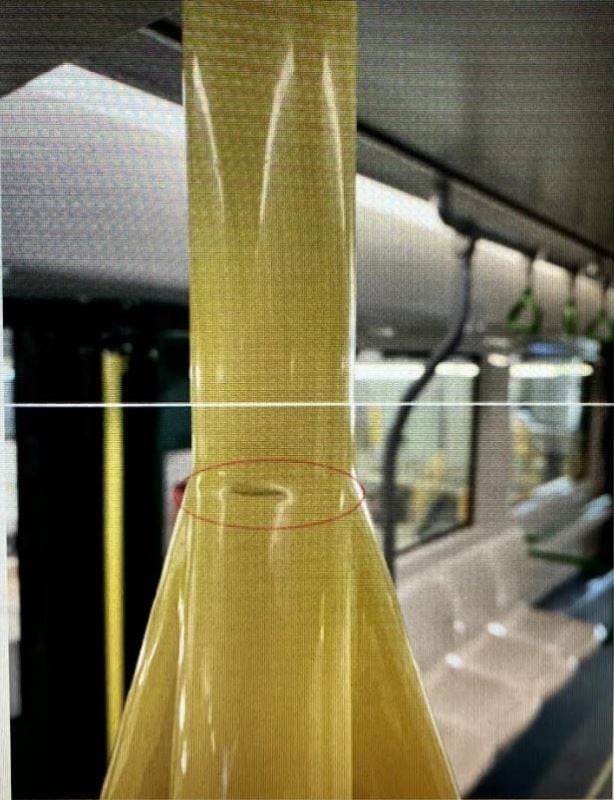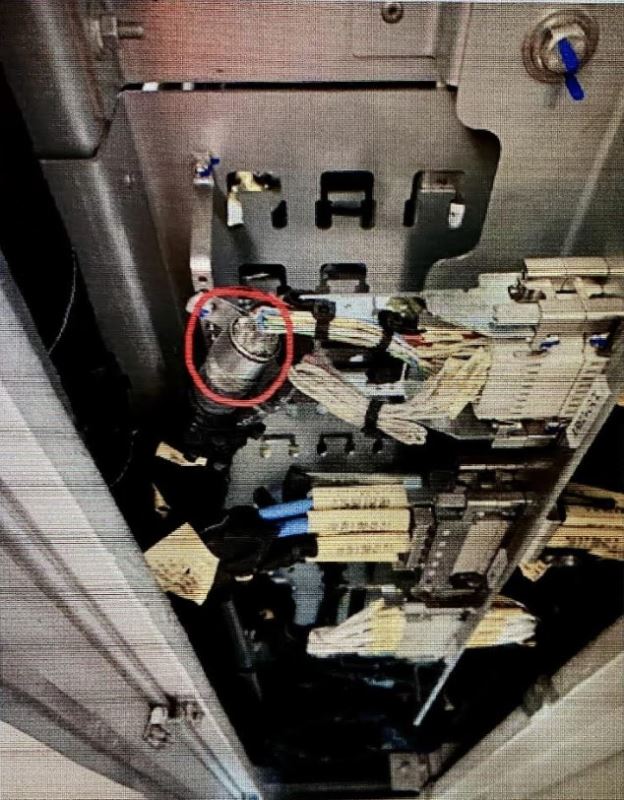felix123
Active Member
For those living in other cities in Canada without an instant rechargeable transit smart card, are your current services sufficient? Open payment is in many cities. Presto can be recharged within 24h. Is this service something you would like? (if it's not obvious enough, trying to get out of writing a report)
In addition to what nfitz said, I believe that for TTC, the 24 hour delay until your Presto card registered added funds rarely ever took that long. Prior to the instant updates, Subway turnstiles seemed to be ready in about 1 hour after an online reload, and buses/streetcars would be updated with new Presto balances upon arriving to the garage. This meant that bus/streetcar could update in a few hours, but typically it was safer to just assume by next day.Presto is chargeable instantaneously at self-service machines in stations, and using the app on either Android or Apple devices. The latter since the beginning of time, and the former for 2-3 years.
The Presto android app added instant reload a couple years ago, and iPhone got the feature this year I believe.





